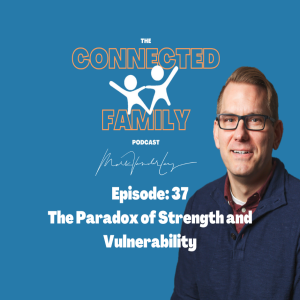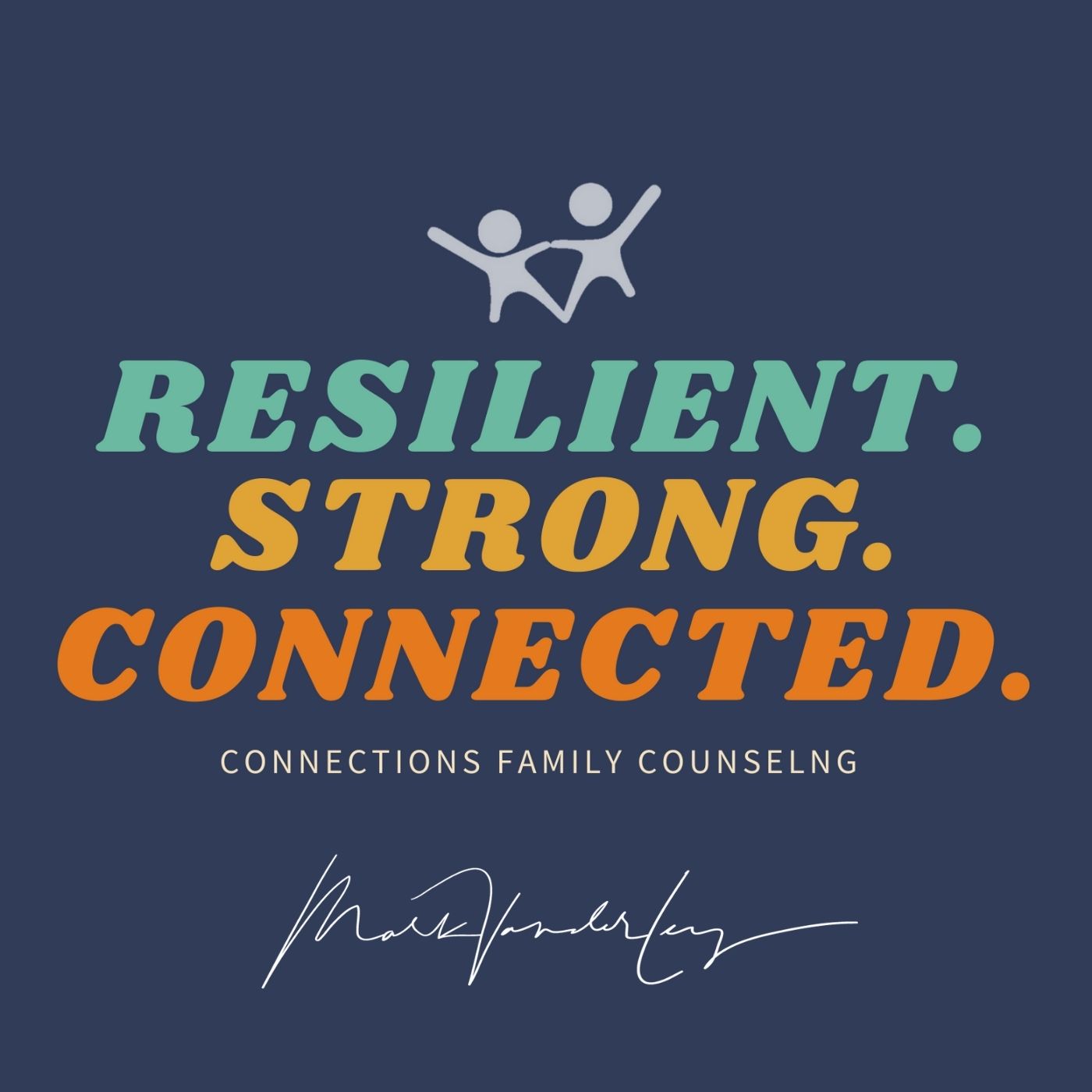Episodes

Monday Nov 02, 2020
The Paradox of Strength and Vulnerability
Monday Nov 02, 2020
Monday Nov 02, 2020
Several years ago I read the book and watched the movie “Into the Wild”. It is a true story about an upper middle class boy. After graduating from college he gave away what was left of his college fund and wandered around the United States. He told no one where he was going and ended up starving to death in the Alaskan wilderness. My favorite quote from the movie goes like this, “It is not as important that a man be strong, as it is that he feel strong.”
I knew a boy recently who did not feel strong. If you looked at him you would not think it. He was a football player, confident, and bigger than most. Despite outward appearances however he believed that he was weak. The worst part was not that his strength was being stolen, but that he was giving it away. A recurring theme from our conversations was how he would beat up anyone who said something bad about his mom. He was constantly talking about how tough he was. He listed off the number of fights he had been in and the times he had been suspended from school. I really liked this boy but was becoming frustrated with his need to portray himself as tough and “manly”.
I began to realize that although he was strong, athletic, and likeable-he did not feel strong, athletic, or likable. It appeared to me that he felt weak, awkward, and hated. His fragile view of self required that he project strength and aggression. If he were to project what he really believed, that he was weak, awkward, and hated, people might agree with him, and he could not handle that. So, he built the most “manly” façade he could come up with. This façade was designed to convince others and himself that he was strong and not to be messed with.
The Facade of Strength:
1. Is a Self-protective strategy
2. Is built as the result of hurt or lack of safety
3. Does not allow a person to be truly safe or truly known
Unfortunately, it is very common for boys to build a façade of “manliness” designed to keep people from knowing who they are on the inside. In their book, “Raising Cain”, Dan Kindlon and Michael Thompson call this the fortress of solitude. This façade begins, from a very young age, to isolate boys from emotionally connected relationships. Boys grow up to be men who can hold long conversations about what is happening in the world of sports. However, they have a very hard time identifying what is going on inside of themselves.
I hope that parents will teach their boys what it means to be a man. We can teach our boys that being a man may include physical strength. We can teach our boys that being a man also includes emotional strength. A man of emotional strength is able to look inside himself to acknowledge the good and the bad. He is also willing to include those he trusts in this inner life. It is this vulnerability that is a great marker of “constrained power”(meekness).
Parents can help children develop strength by:
1. Strength develops when a child feels cared for and loved
2. Strength develops through physically and emotionally safe challenges
3. We are strong when we are vulnerable.


No comments yet. Be the first to say something!